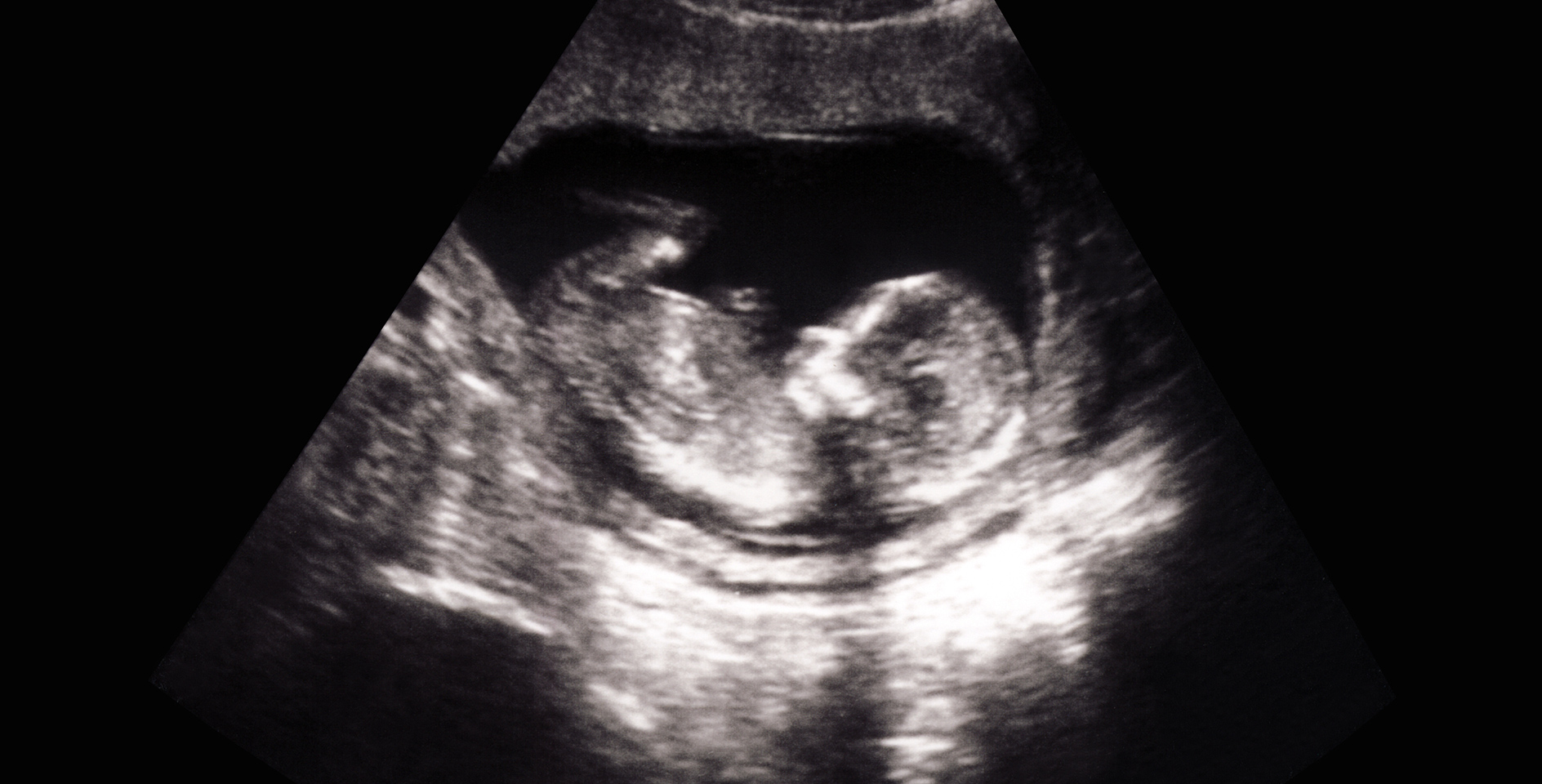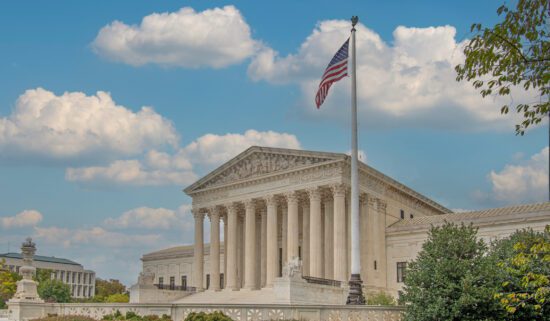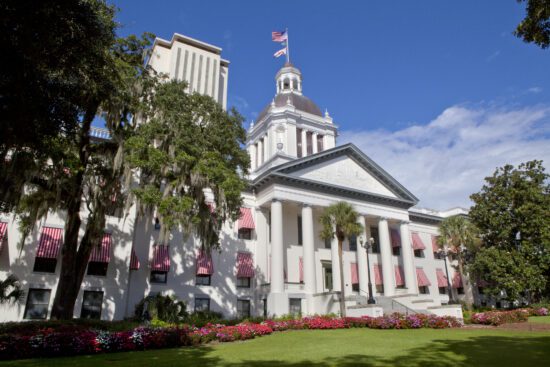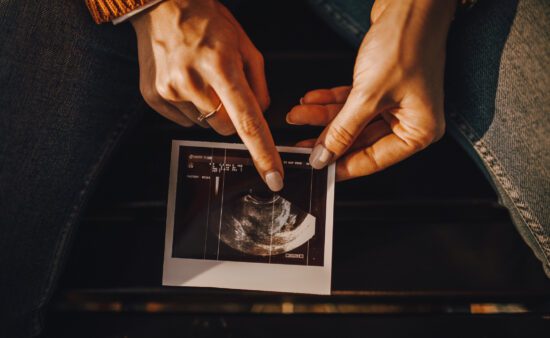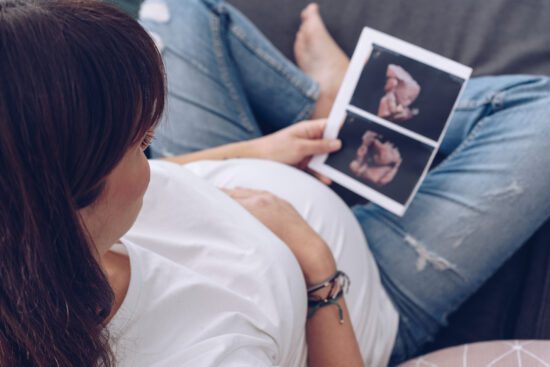The ERLC has submitted an amicus brief in an important Supreme Court case that could affect the future of abortion in America. The amicus brief explains why the court should overturn Roe v. Wade (1973) and Planned Parenthood v. Casey (1992), twin decisions that have prevented states from prohibiting abortion.
“For too long, the Roe and Casey decisions have allowed our nation to turn a blind eye to the plight of those who have no voice,” said Chelsea Patterson Sobolik, ERLC’s acting director of public policy. “Our brief asks the Court to overturn those two cases and set a new precedent that respects every life. With each passing day, more and more people recognize preborn lives are worthy of protection. The Dobbs case provides another chance for the Court to come to that same conclusion and affirm the fundamental right to life.”
An amicus brief is a learned treatise submitted by an amicus curiae (Latin for “friend of the court”), someone who is not a party to a case who offers information that bears on the case but that has not been solicited by any of the parties to assist a court. The amicus brief is a way to introduce concerns ensuring that the possibly broad legal effects of a court decision will not depend solely on the parties directly involved in the case.
ERLC joined other religious organizations — including the U.S. Conference of Catholic Bishops, National Association of Evangelicals, and the Lutheran Church-Missouri Synod — in filing the brief in the case of Dobbs v. Jackson Women’s Health Organization. The Supreme Court agreed this past May to revisit a previous decision “by reviewing a Mississippi law that would replace the ‘viability standard’ with a limit on abortions after 15 weeks of pregnancy.” Viability refers to the stage of development at which an unborn child is capable of living, under normal conditions, outside the uterus. The viability standard is the primary justification for supporting federal legal precedents regarding abortion. Gerard Bradley, a law professor at Notre Dame, says, “the removal of the judicially created barrier of ‘viability’ could let loose a cascade of pre-viability prohibitions, and in due course test the hypothesis that there is no principled, coherent stopping point between removal of the ‘viability’ standard and flat-out reversal of Roe.”
The brief ERLC joined requests that the Supreme Court uphold the Mississippi ban and says the U.S. Constitution “does not create a right to an abortion of an unborn child before viability or at any other stage of pregnancy. An asserted right to abortion has no basis in constitutional text or in American history and tradition.”
The brief also points out that the state has an interest in protecting human life.
“Government has many responsibilities. Chief among them is protecting innocent life,” said Brent Leatherwood, ERLC chief of staff. “How much more important is that responsibility when it comes to protecting preborn lives that cannot speak for themselves? Christians have long pleaded the case for America to recognize the inherent dignity of our most vulnerable neighbors. This case gives us another opportunity to do so. Until that happens, our nation will not be able to fully achieve that lofty goal of being a land that preserves life, liberty and the pursuit of happiness for every individual.”
The Supreme Court will hear oral arguments in this case sometime between October and April, and should issue a ruling next summer.
The ERLC will always advocate for life, in the public square, before the courts, and before Congress.



